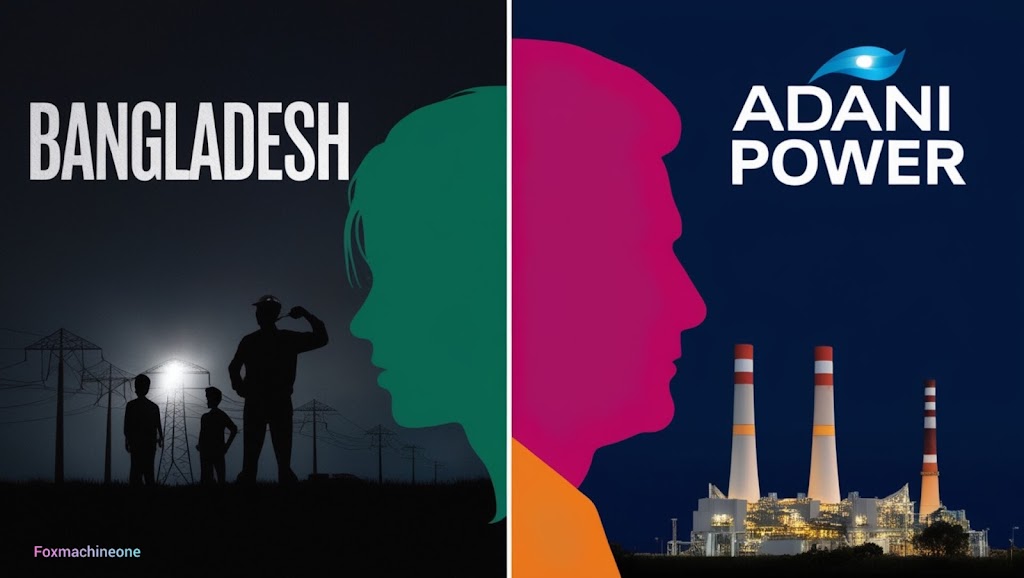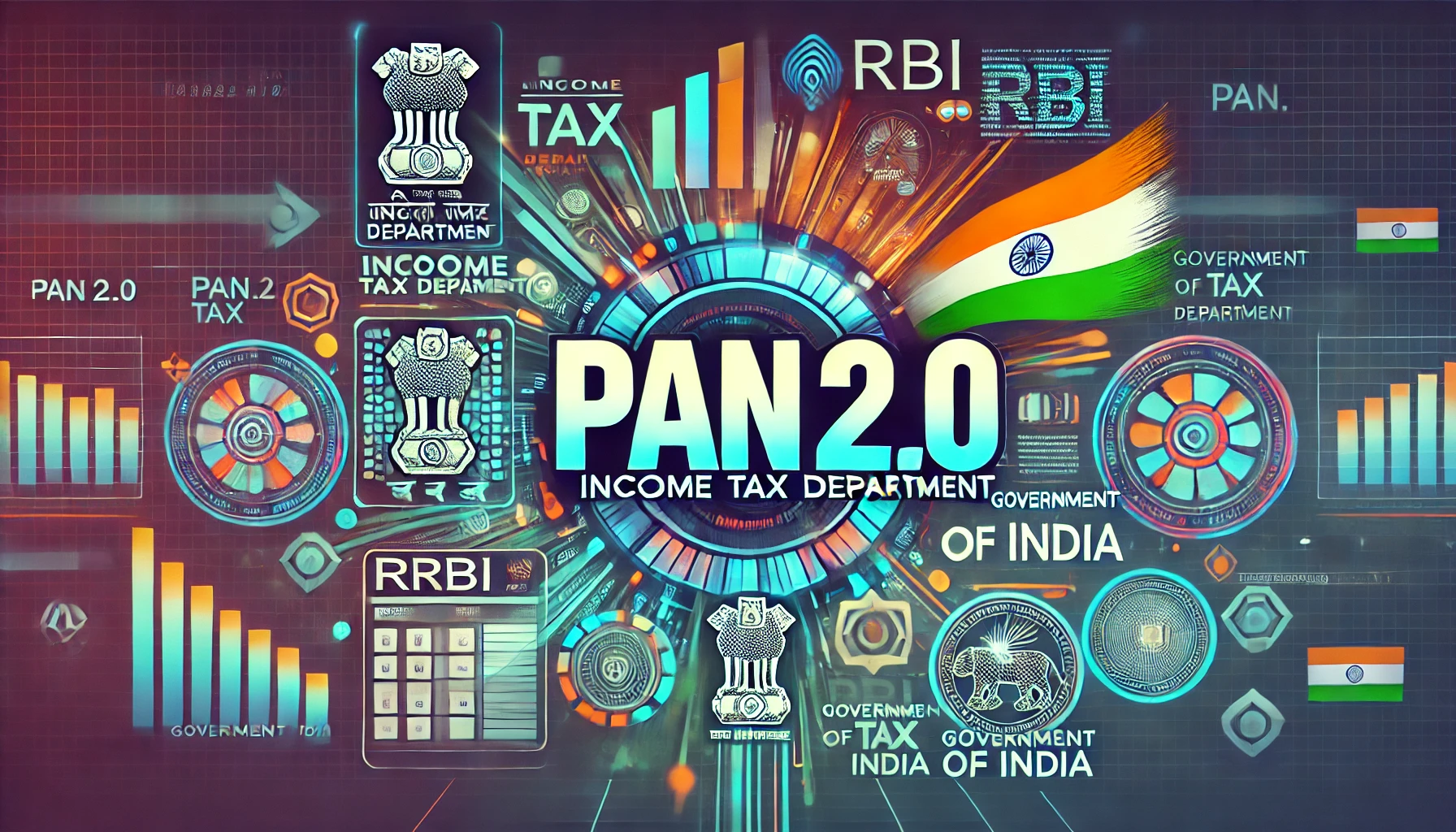Adani Power cuts electricity supply to Bangladesh over unpaid bills:
When one of the biggest private electricity-producing firms from India, Adani Power, hit the headlines because it had cut down supply of electricity to Bangladesh when the bill was not paid, all the controversies behind dependence on energy and the international relations with possible combinations that affect the economy of Bangladesh in general followed. This paper gives an in-depth background of the situation behind reasons for the power cut with possible implications for both Bangladesh and the broader region at large.
The Adani Power agreement for Bangladesh Background:
As for Adani Power, its contract with BPDB included supplying 1,496 MW of electricity from one of its Indian plants called Jharkhand and dated back to 2018.
The deal was the major step toward regional energy cooperation for the two countries, which constantly strive to strengthen their relations in trade and energy circles. Under the agreement reached, Adani would, for the next 25 years, sell electricity into Bangladesh at a fixed rate with the objective of contributing to the rising power necessities of Bangladesh to meet population growth as well as industry growth. However, the deal had its own set of challenges.
Bangladesh has witnessed economic setbacks during recent years due to inflation, high energy costs, and the effects of global energy shortages. The budget of BPDB suffered from these issues, which put it hard to pay for imported electricity, especially those that came under the terms agreed to under the PPA.
The reasons behind the payment dipute:
Bangladesh has cut off the electricity supply from Adani Power as Bangladesh has not paid its bills for the last few months. Bangladesh’s economic condition, especially its foreign currency reserve, was under strain. It cannot pay the deal. Importing power and fuel along with the depreciating currency has strained Bangladesh’s budget. Therefore, BPDB could not pay Adani Power on time.
The Russia-Ukraine war has led to global energy crises, which significantly affected the prices of the energy used. Therefore, after increasing the cost of power generation and imports to Bangladesh, settlement of huge bills to their international suppliers like Adani had become very complicated for them.
So facing the cost of operation, achieving financial stability; hence on the same grounds, the Adani Power stopped power distribution till such time that outstanding bills as mentioned above have been cleared.
Bangladesh in economic terms:
Bangladesh is now facing an extremely critical situation due to the sudden stoppage of power supply from Adani Power. This nation now suffers with frequent power cuts, mainly to its industries, which badly depend on power supply in order to be operated. As Bangladesh’s economy now bears the brunt of inflation and rising production cost, these power cuts might signal something worse.
1. Industrial Production: Partial closure and even temporary shut down of many factories is a result of the power crisis, which means that the total production has decreased. In this regard, the case is worst for the export-oriented industries like textiles and garments. Bangladesh has the largest garment export in the world, and any disruption there will affect its GDP and export earnings.
2. Industrial Outputs/ Employing Risks: Reduction of outputs by industries thereby raise the risk of unemployment of workers in the form of lay-off. The more a country reduces industrial output, the more heavy job cuts and losses to the families would be at times. In countries like Bangladesh, much turmoil in families could result from unemployment.
3. Inflation and Higher Cost: Electricity shortages result in the cost of production that will be passed through to consumers as higher costs of goods and services. It may mean pushing up inflation since it adds yet another household that is forced to bear an increasing burden of living costs.
4. Social Unrest and Political Pressure: The power deficiency has a social implication also. The repeated power cuts reach all houses, hospitals, and schools. Public protest about the current state of economy and infrastructure may escalate with roadblocks or strikes and intensify pressure upon the government to look for an urgent solution.
India and Bangladesh have traded and cooperated with each other traditionally. India remains one of the most important trading partners to Bangladesh. However, what gives a new flavor to their interdependence relates to the Adani power issue. What once made the symbol of increasing co-operation-energy agreement-now stands for the risks of the dependence on precious resources-like electricity.
Implications for India Bangladesh relations:
1. Lack of Trust in the Bilateral Agreement: More so now with sensitive areas such as energy, for now, both will tend to look after themselves. Bangladesh will regard this as a failure of goodwill and influence other cooperative programs that are undertaken between the two countries.
2. Possible Delayed investment by Indian Companies into Bangladesh’s infrastructural and energy sectors because their payment issues are yet to be met. This will affect the overall growth in Bangladesh since foreign investments constitute a prerequisite in that country’s economy and infrastructures.
3. External Influencers This opportunity for Bangladesh is also open for other countries, especially for China, to enhance its relationship with Bangladesh. China has recently invested immensely in South Asia; hence, Bangladesh may look towards other sources for energy and investment, something that would make it less dependent on Indian infrastructural projects.
4. Bargaining Power for Better Deal: Bangladesh would be compelled to bargain for a better deal on all existing and future agreements with India due to this crisis. It’s an entirely logical decision that makes the problem arise if the Indian companies are not prepared to lower their rate or alter the payment terms.
Positive Impact of Adani Power:
This proves to be not as easy for Adani Power, as creating such fallouts can prove diplomatic and business-wise to their end. Being a private enterprise, a company has to ensure financial viability. Here, supplying power and not getting paid of any kind within time proves to be quite financially risky because it hurts the cash flow of a company.
Besides, denial of the due amount also affects Adani Power financially. In addition to that, since, the company has undertaken the challenge to adhere to it because it also deals with the management of resources that are available and not only for monetary issues.
One Alternative Solution and the Way Forward
In this regard, both Adani Power and Bangladesh will have to look for feasible solutions so that they are not bothered anymore.
The feasible solutions may include:
1. Rescheduling of Payment Structure. Adani Power and BPDB would sit together and reschedule a new payment structure as per the current financial capacity of Bangladesh. Therefore, there would not be any pressure for BPDB in the near future concerning any financial stress regarding the clearing of the current dues.
2. Third Party Support Bangladesh can avail the facility from international organizations like World Bank or Asian Development Bank, in order to receive the same. Loans and/or grants are given if BPDB assures the possibility of pay back in future for ensuring an uninterrupted supply of power.
3. Domestic Energy Reforms Implementation Bangladesh can adopt its domestic power generation capacity to minimize the dependency on the imported electricity. It will include renewable energy resources, such as solar and wind power in addition to the optimum usage of existing capacities of generating power. This diversified energy source will avoid such controversy in the near future from Bangladesh.
4. State Mediation Mediation can both also come from India and Bangladesh that could let two settle on this political amiable talk over the issue as not to block good intent bilateral. That indeed will likely short-term leads onto electricity flow possibilities where such could be a work option to long terms by having the BPDB effort long-term solutions.
Conclusion: A Lesson in Regional Energy Dependence
The case of Adani Power and Bangladesh is a classic of the cross-border energy contracts, bringing out the implication that when economic realities outweigh the contractual obligations, a lot is at stake. While this issue may look like a one-time thing, it presents a lesson to developing countries: how essential energy security is toward sustainable growth. This does raise tremendous risks, which it well proved in this case, getting overly dependent on other sources without having a backup plan. It would really remind Bangladesh to diversify its source of energy and have an immensely better domestic power infrastructure.
On the other hand, it serves as a warning to Adani Power and India to prepare in case of an economic downturn on either side. It should explore an amicable solution that would allow Adani Power to continue its supply to Bangladesh and find ways constructively regarding payment. Such crises have to be managed only through collaboration, compromise, and planning for the future, making such mutual strengths each of them has together beneficial to both countries.




























Leave a Reply